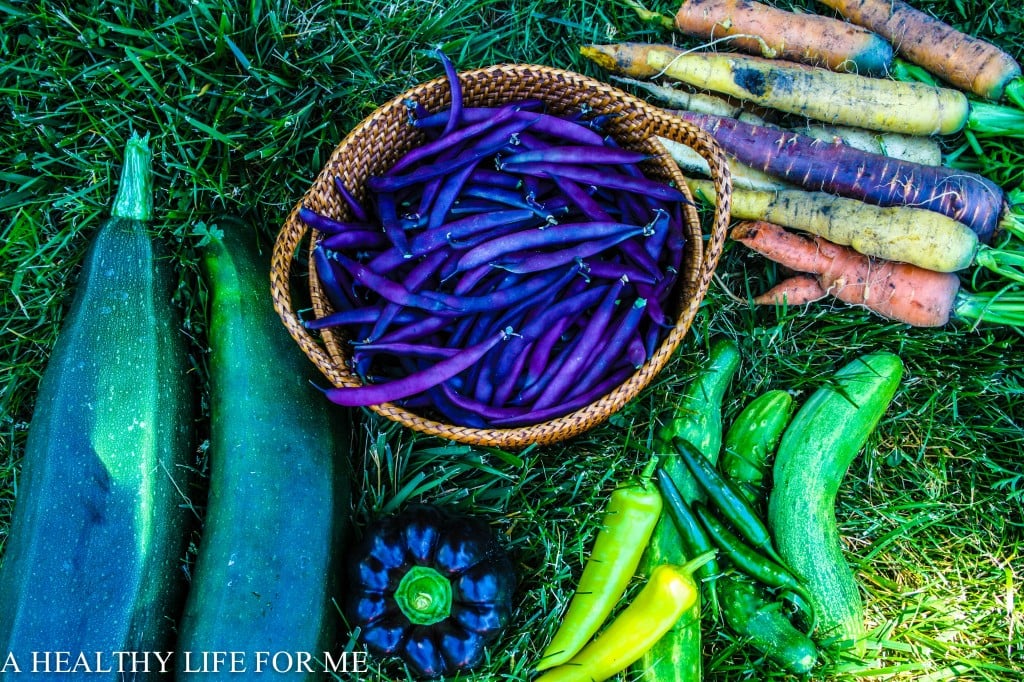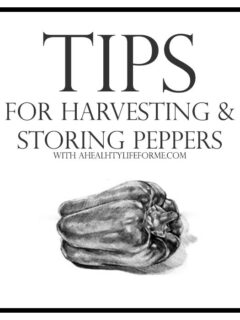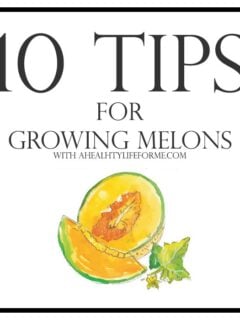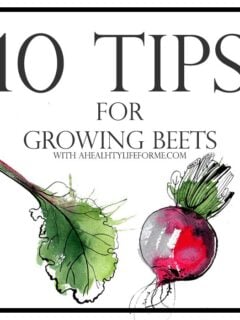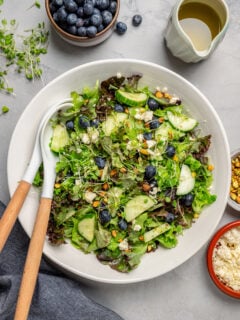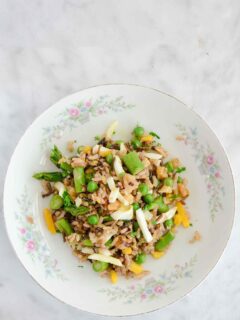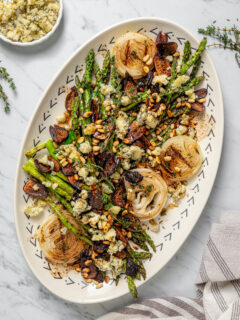Understanding Vegetable seeds and what all those labels mean when ordering your vegetable seeds helps you choose which seeds are best for you and your garden.
Open-Pollinated (OP):
These seeds are produced by crossing two parents with the same variety, so the offspring plants will be just like the parents. This is called “coming true from seed.”
The seed from open-pollinated varieties can be collected from the plants you’ve grown and saved to grow again next year. These can be from H1 hybrids or heirloom seeds. Depending on many factors, it is possible to have non-conforming plants in an open-pollinated variety.
Heirloom Vegetables:
Heirlooms are open-pollinated varieties that have been cultivated for at least 50 years. They are often more flavorful, colorful, and interesting than hybrids, but they may lack disease-resistance or require staking. Because they have specific traits that are desirable, they have survived.
The seeds will be true to the parent plant. Many of these heirloom plants are being brought into favor today by gardeners who value keeping a wide genetic base available.
Hybrids:
These plants are developed by pollinating one type of plant with the pollen of another variety. The result of cross-breeding to produce offspring with certain desirable traits, such as disease-resistance or uniform color or size. The offspring seeds can have traits from either parent. Each year, you will have to buy new seeds of this variety if you want to grow it again.
The purpose of hybridization is to develop a new variety that has the best or most desirable traits of the two parent plants. F1 Hybrids are produced from the crossing of two original parent plants. F2 hybrids are a second generation cross, and will generally produce plants that are different from both the original parent and the F1 hybrids.
Organic Seeds:
These are seeds from plants that have been grown under certified organic conditions and have certification to prove it. Checks are in place to ensure they are not contaminated with pesticides or other sources of contamination. They can also be an heirloom, OP or hybrids.
GMO Seeds:
These are seeds that have had their genetic make-up altered by replacing certain genes with genes from a totally different species, with the hope that the resulting plants will now have certain ‘desirable’ characteristics.
This is only possible with human intervention, and there are many concerns about both the ethics and the results of the GM process. The long term effects of placing, for example, genes from an insect into a plant, have not been tested and could have disastrous effects in the future.

